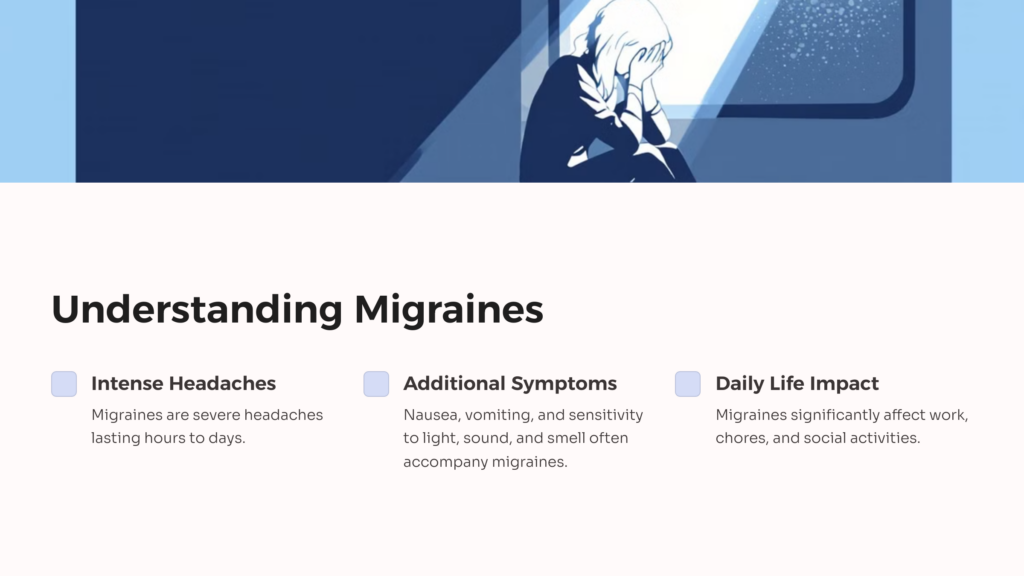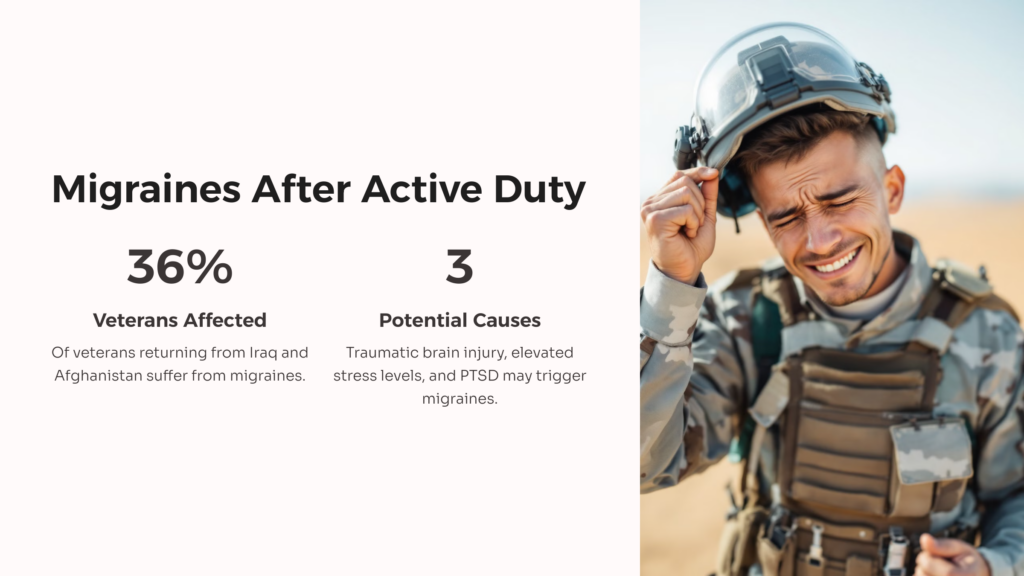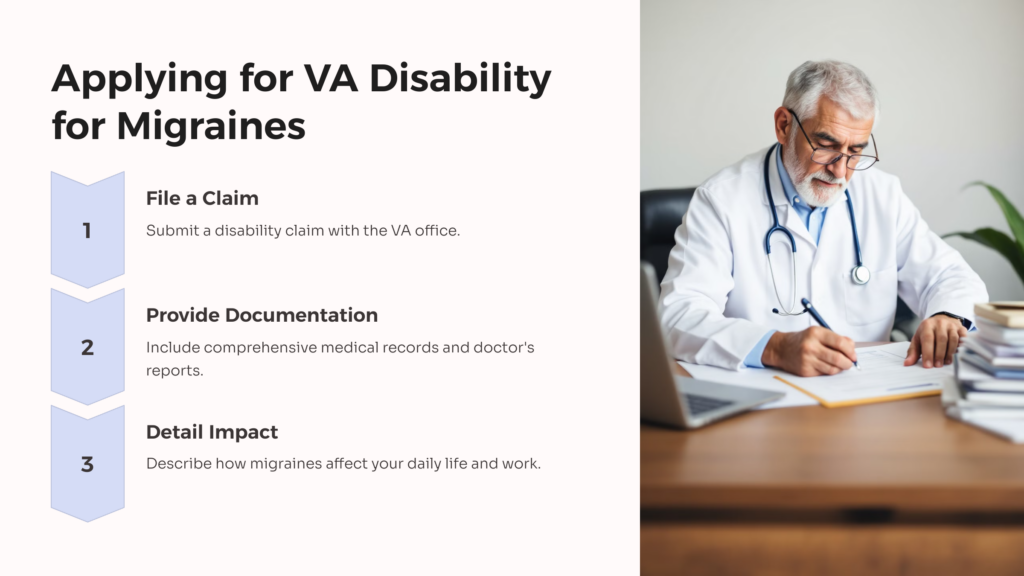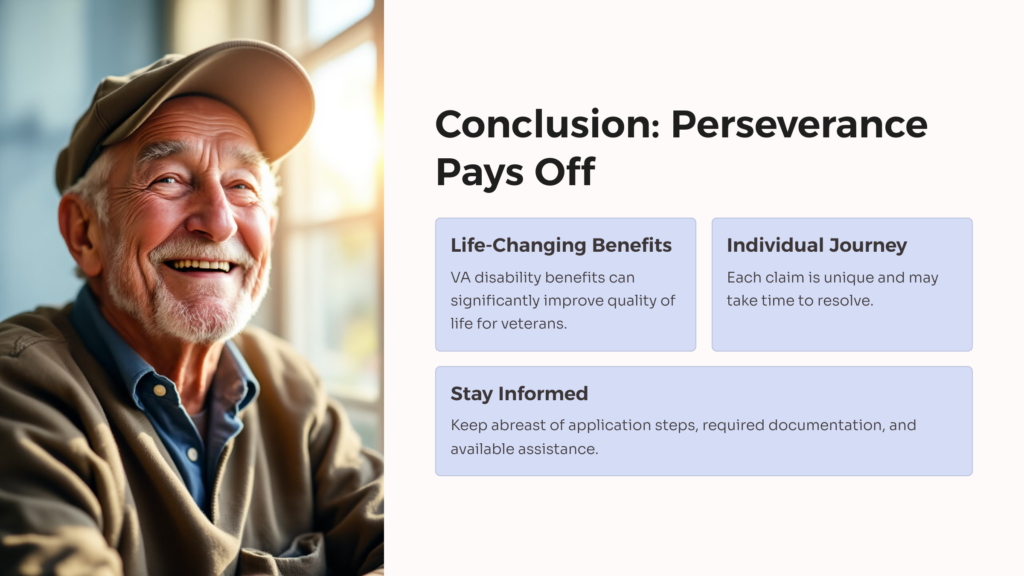Veterans Affairs (VA) Disability provides benefits to veterans that have suffered injuries or developed conditions due to their service. One such condition that may qualify a veteran for these benefits is migraines. These debilitating headaches have a significant impact, not just on a veteran’s physical health, but on their overall quality of life too. This comprehensive guide aims to provide insights into the prevalence of migraines amongst veterans, discuss the process of applying for veteran disability benefits for migraines, and offer practical tips to enhance the success of application submissions.
Understanding Migraines

Migraines are not just ordinary headaches. The Mayo Clinic defines migraines as an intense or severe headache that can last for hours to days, accompanied by other symptoms. These symptoms can include nausea, vomiting, and extreme sensitivity to light, sound, and smell. The onset of migraines is typically characterized by auras or visual disturbances that act as a clear warning sign for individuals prone to the condition.
Migraines significantly affect an individual’s day-to-day life. The severity of the pain and accompanying symptoms can hamper your work, daily chores, and even social activities. Common tasks may become a burden, and in severe cases, the individual may require bed rest until the symptoms subside. For veterans, the effects can be even more acute, given the physically and mentally demanding nature of their service roles.
Migraines After Active Duty

The prevalence of migraine headaches amongst veterans is disproportionately high. Studies suggest that as many as 36% of veterans returning from Iraq and Afghanistan suffer from migraines, hinting at an urgent health concern with military service connection. Potential causes of migraine headaches in veterans may include a traumatic brain injury (TBI), elevated stress levels, and post-traumatic stress disorder (PTSD).
Disability Rating for Migraines
The VA disability rating for various conditions, including migraines, dictates the level of VA disability compensation for which disabled veterans are eligible. The VA uses a disability rating system where each disability is rated from 0% to 100%, in increments of 10%. The VA rating depends on the severity of the condition, with a higher rating indicating a more severe impact on health and lifestyle.
Currently, the maximum rating for migraines is 50%, applicable when the veteran experiences very frequent, completely prostrating, and prolonged attacks that adversely affect the ability to function economically. Lower ratings of 0%, 10%, and 30% cover different levels of migraine severity and frequency. The specific percentage determines the compensation a veteran will receive, which can greatly influence their quality of life.
Applying for VA Disability for Migraines

Claiming veterans benefits for migraines from the VA requires due diligence and meticulous preparation. The first step involves filing a disability claim with the VA office, detailing your military service connection and providing documentation to substantiate your disability claim.
A successful application requires a comprehensive medical record that define the severity and frequency of each migraine attack. Apart from the general medical evidence, a detailed doctor’s report outlining your physical examinations and medical history can notably strengthen your VA claim. The importance of these documents cannot be overstated—they offer undeniable proof of your condition and the impact it has on your life.
Tips for Veterans Applying for Disability with Migraines
Before you embark on the claim process, it’s critical that you have all your ducks in a row. Gather your relevant medical history including treatments, prescriptions, and records of hospital visits. Additionally, make sure that you have a consistent appointment and treatment schedule. The VA values consistency—the more consistent your appointments and treatments, the stronger your claim.
Seek help from qualified professionals such as Veteran Services Officers (VSOs) or accredited attorneys—they are well-versed in the VA system and can guide you effectively through the process. Having an experienced attorney or officer on your side can substantially increase your chances of success.
Appealing a VA Decision on Migraine Disability Claims
If your application for migraine disability benefits is denied or you’re assigned a rating you disagree with, you have the opportunity to appeal the VA’s decision. This process begins with notifying the VA about your intent to appeal within a year of receiving their decision.
During the appeal process, you must provide substantial evidence to contradict the VA’s decision. Whether it’s fresh medical evidence, personal statements, or buddy letters, all can make a big difference. It’s important, however, that you prepare for a potentially lengthy process. Persistence, patience, and fortitude can go a long way towards achieving a successful outcome.
Conclusion

Securing VA disability benefits for migraines can profoundly improve the quality of life for veterans affected by this disabling condition. Remember every claim is an individual journey, and it might take time to see the results. Be prepared to appeal if the claim does not go in your favor initially.
In your journey towards obtaining VA benefits, keep abreast of the steps to apply and appeal, the documentation required, and the parties that can assist you. While the process may seem daunting, with proper preparation, consistency, and perseverance, a successful claim is certainly achievable. It’s important to keep reaching out, as the result can significantly impact your overall well-being.
 AllVeteran.com Advisors
AllVeteran.com Advisors
With expertise spanning local, state, and federal benefit programs, our team is dedicated to guiding individuals towards the perfect program tailored to their unique circumstances.











